Project Description
RECONCILIATION DAY EVE
Canberra Theatre Centre
27 May 2018
(Live Review)
By Benjamin Smith
.
.
.
In a national first, the ACT this year held its inaugural Reconciliation Day, commemorating the passage of the 1967 referendum. To mark the occasion, the Canberra Theatre hosted an evening celebrating black excellence and showcasing the extraordinary talent of some of Australia’s most dynamic Aboriginal performing artists.
The first half of the night was a sit down affair with the phenomenal Archie Roach performing an album he wrote and recorded twenty something years ago called Dancing with my Spirit. Roach claimed the album lay dormant for many years, waiting for the three remarkable voices of Tiddas to complete the songs. Thankfully he brought those three voices with him and the songs soared throughout the playhouse.
Roach himself is a national treasure. His humanity, defined by his humility, is a gift. A night like tonight is, and should be, uncomfortable. It is an immediate acknowledgement of how far from reconciled we are. Non-indigenous Australia has yet to come to terms with its history and its present, and it knows it. In truth, if the theme is reconciliation, there is scant cause for celebration and hearing Roach work through his songs and speak so earnestly about his process is initially, for most in the audience, the source of some discomfort.
He didn’t come to lecture, though he’s certainly capable. He didn’t speak through anger, though he’d certainly be entitled. And he came to the political only through the personal and through his enduring love for country, for his people and for their culture. He spoke at length about his grandmother and her endowment of the sacred trust that is the land. He spoke too about the compact between his people and the earth, a promise to care for it and never to harm or allow it to be harmed. He noted with a palpable sadness how much of that promise had been taken out of his people’s hands and, in the spirit of reconciliation, reached out to his audience to join him in rediscovering the terms of that compact.
.
.
He spoke too about the need to maintain our connection to each other, including the struggling among us, and reminded us that there was no distinction between the land and the people; that they were not separate entities, that one could not be extricated from the other. Roach prevailed upon us to see that to heal the land we must heal the people and that to heal the people is to heal the land. That generosity of spirit is required for either is implicit in Archie Roach’s message of hope. What makes that message so compelling is the complete absence of self-importance. Roach is so utterly devoid of ego or of artifice that he cuts through the tension and discomfort and deflects any conflict in a way that unites a room in joyful singularity.
The songs themselves are wonderful, sonically at least. In terms of any deeper message they might convey they probably need another dozen or so listens before they make themselves clear. For now though all that really matters is Roach’s voice, those of the three women from Tiddas and the band that accompanies them, including producer Jen Anderson on guitar, mandolin and violin.
Following Roach and Co’s performance, the crowd poured out of the playhouse and into the lobby bar of the Theatre. Some, mostly older patrons, at that point called it quits and filed out into the biting cold of the Canberra night air.
For everyone else the night was just beginning. Hip hop artist Briggs and his stable of young artists brought a series of energetic performances to the stage over the next three and a half hours. Whilst these performers lacked some of the gravitas that Roach and his statesman-like presence embodied, they compensated with an irrepressible enthusiasm.
Featuring young MC Kobie Dee, poet Omar Musa, songstress Alice Skye, and Bad Apples roster of Birdz, Nooky, Tasmin Kieth and Briggs himself, the raw talent on display was phenomenal.
.
.
At one point Birdz made it clear that, for him, reconciliation was something indigenous Australians had been waiting for long enough. “We’ve been here. We’ve been waiting. We’ve been at the table a long fucking time.” He went on to make it clear that tonight wasn’t about anything but black artists and black excellence. I should make it completely clear, for most of the night music was king. It united the crowd in ways that almost anything else could not have. These were all incredibly accomplished artists, Kobie Dee and Nooky especially, having a technical proficiency and and a devastating precision in terms of manipulating language to beat.
Recognition should also go to Hau, who hosted and Daniel San, who Dj’d for most of the night. Both made a name for themselves as pioneers of Oz hip hop with seminal act Koolism. Having two generations of Australian hip-hoppers on stage together reinforced how far the genre had come since its infancy less than two decades ago.
It’s difficult not to feel conflicted about something like reconciliation day. On the one hand the 1967 referendum was a momentous step forward for the country. Its passage in overwhelming numbers demonstrated a certain goodwill on behalf of Australians to do better. On the other hand the results of that goodwill have been disappointing, to say the least. Life expectancy, health outcomes more generally, incarceration rates, educational objectives and any number of other indicators show that in many cases circumstances aren’t improving. Put simply in terms of the Capital’s establishment of the new holiday- aboriginal children go to gaol and we get a day off work. Symbolism is important, but it isn’t enough.
It’s important to celebrate where we can, and in showing the revolutionary spirit evident in a line-up of artists as diverse as they are talented there is much to appreciate. These artists spoke with restraint and with integrity. They demonstrated a determination to force uncomfortable conversations on to the agenda. They also showed that there is power in the transcendence of music, power to rise above the words of politicians and commissions and reports and self-proclaimed experts.
I believe that non-indigenous Australia wants to do better, to be better. I believe that events like this kickstart movements and I believe that movements gather momentum. I believe that momentum can become an unstoppable force, a force that can obliterate the laziness and the indifference and the cowardice of the political classes, a force that cannot be ignored or placated by empty promises, a force that will not be deterred by the weight of injustice or the horrors hiding in the shadows of history. I believe that we will be reconciled and I believe that, as it so often is, art will be the bridge between us. I believe it’s time.
Makarrata.
.
.
.







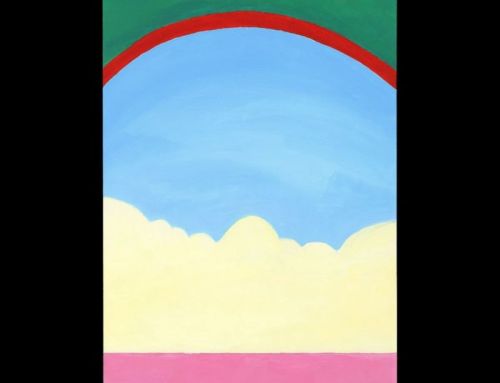
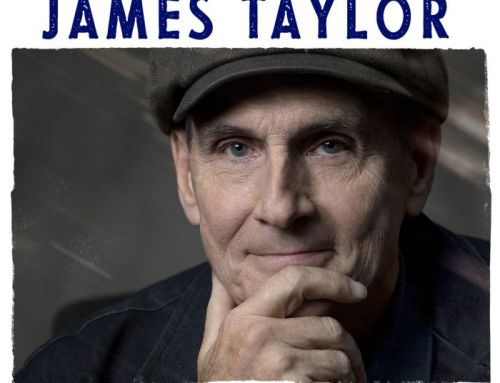
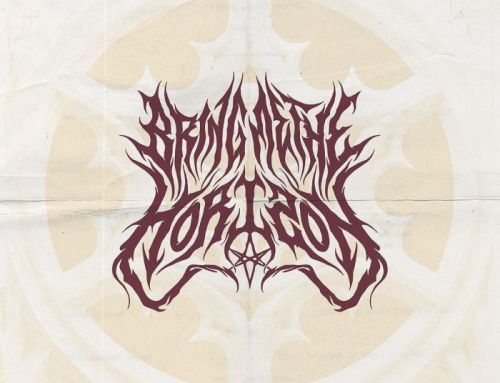
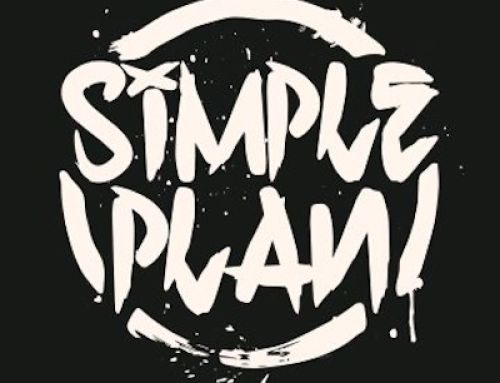
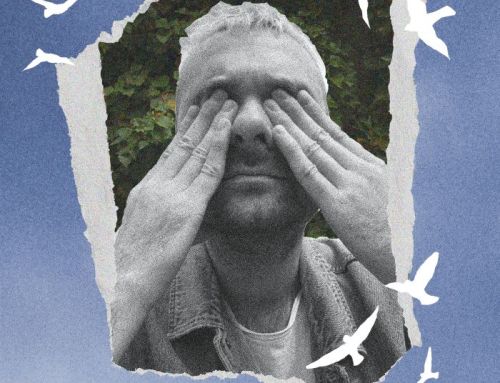
Leave A Comment